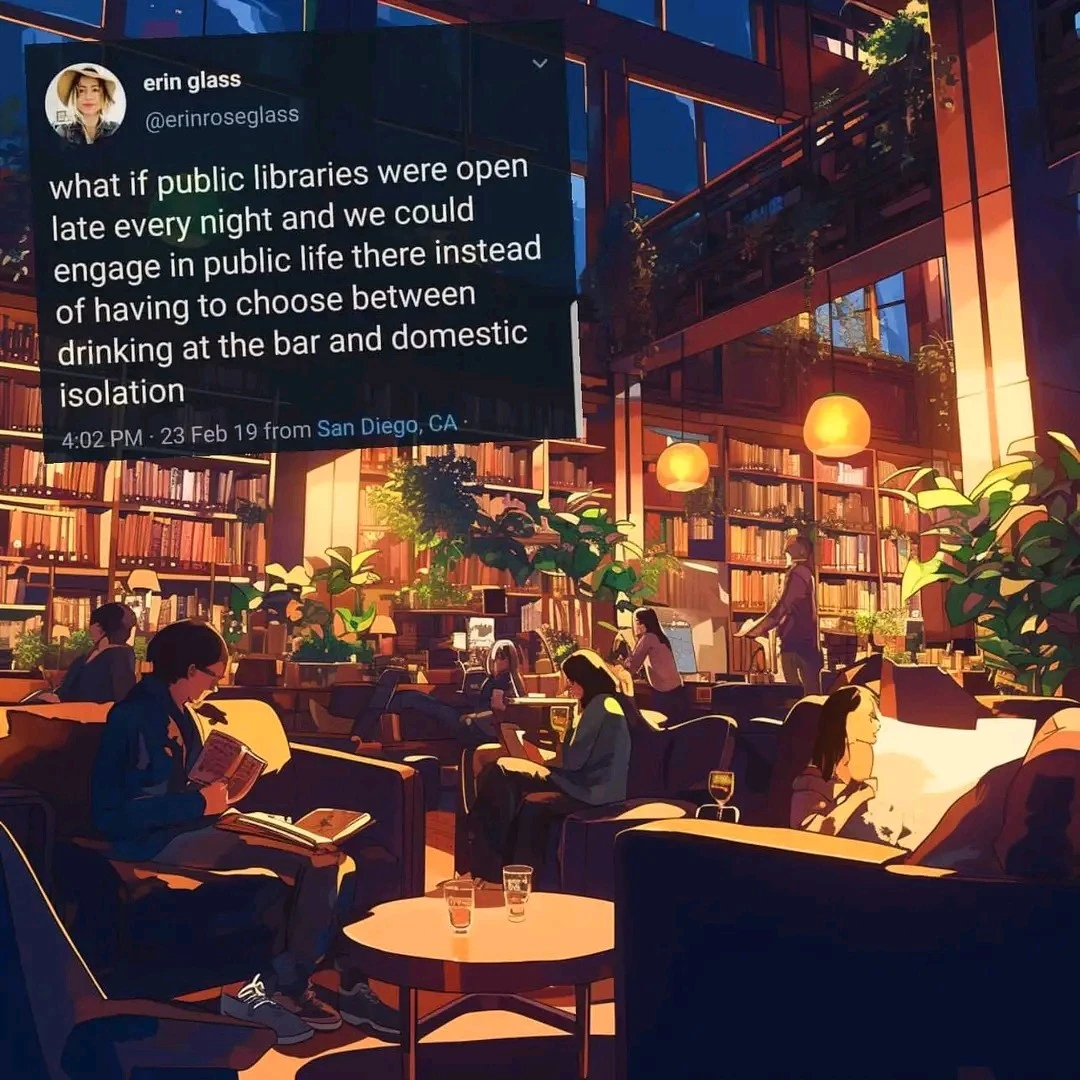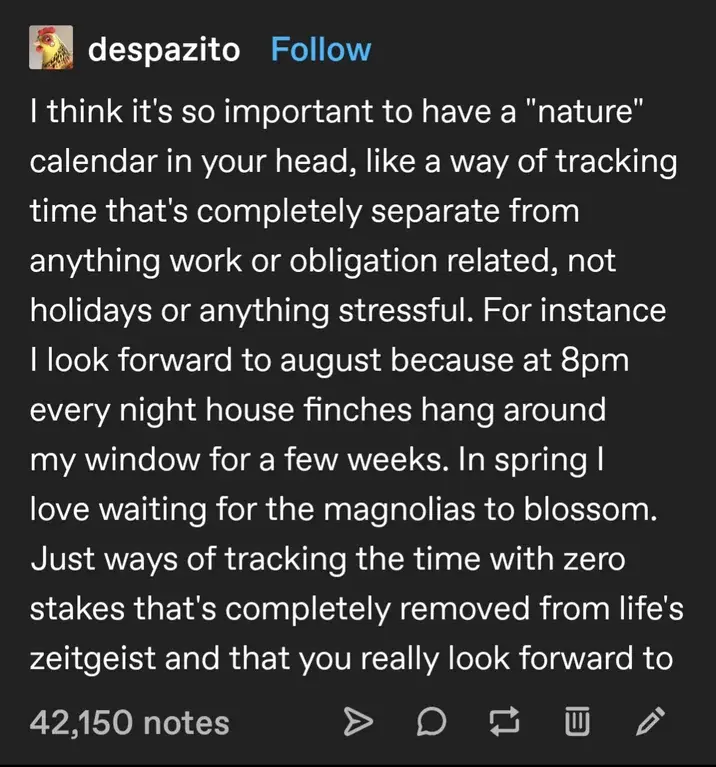2
42
4
18
12
1
20 Best Simple Living Books To Inspire Your Mind In 2022 - What are yours?
(www.theplainsimplelife.com)
17
6
22
19
23
43
view more: next ›
Simple Living
5 readers
1 users here now
Live better, with less
Ideas and inspiration for living more simply. A place to share tips on living with less stuff, work, speed, or stress in return for gaining more freedom, time, self-reliance, and joy.
founded 1 year ago
MODERATORS



